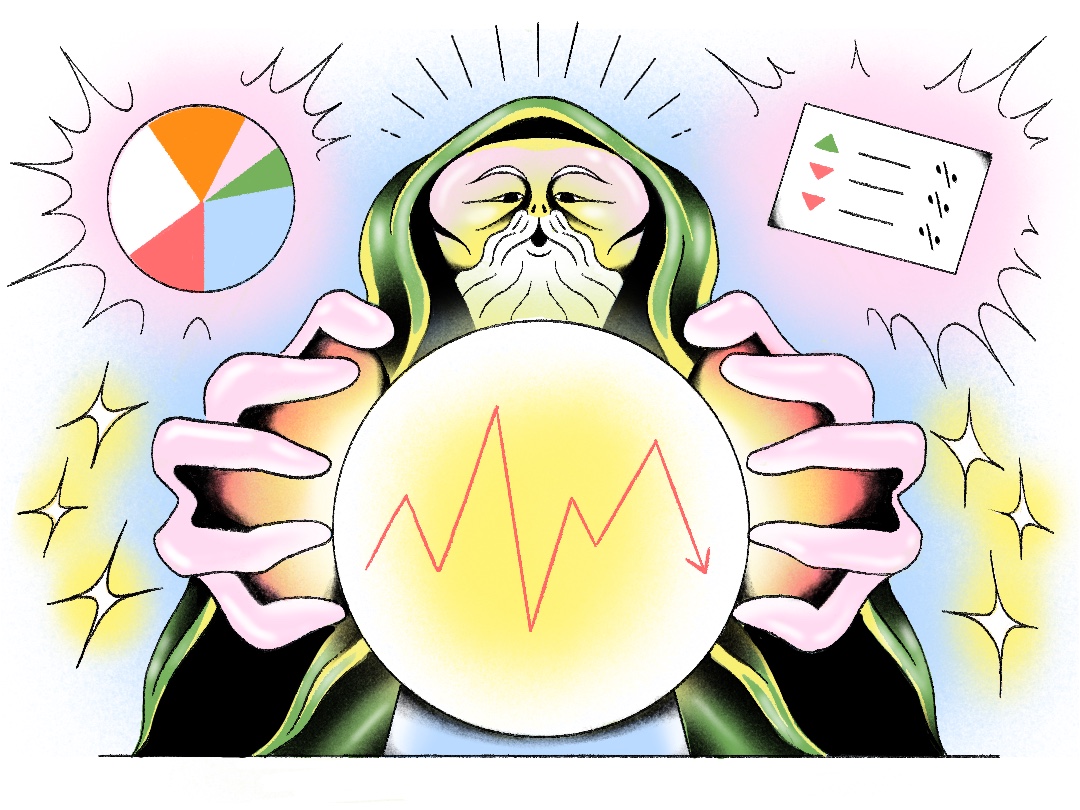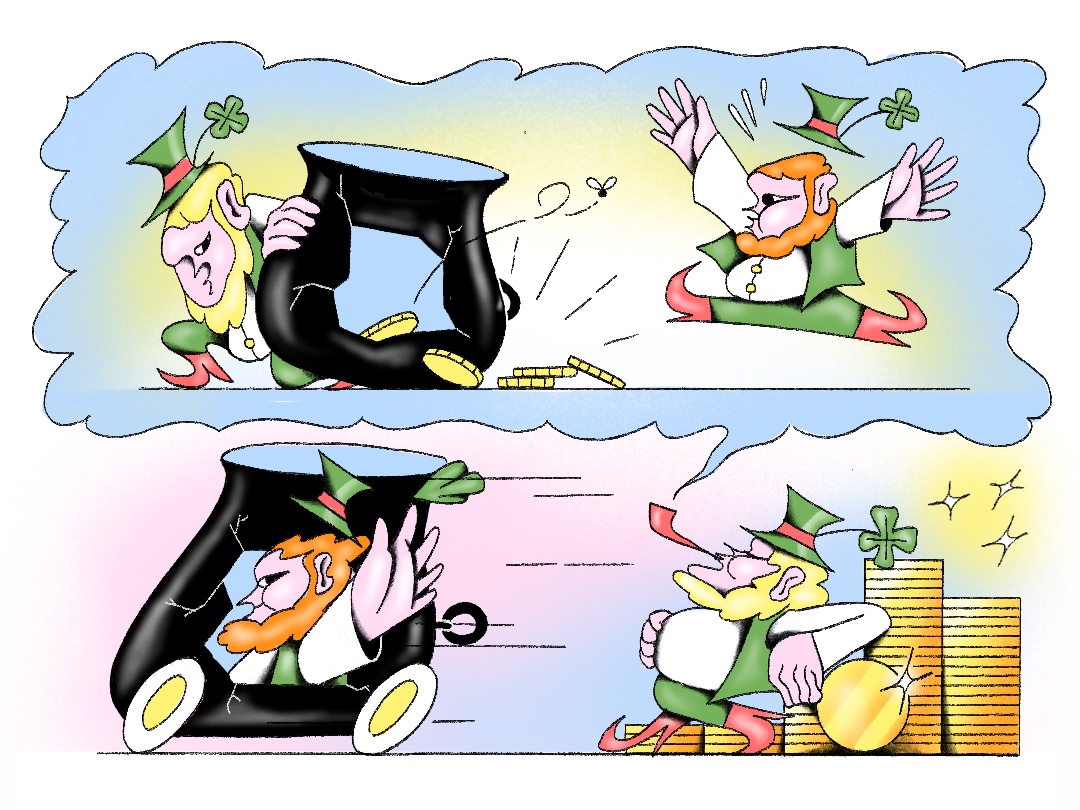

Recession FAQs
Are Recessions Bad for Everyone?
No, recessions are not necessarily bad for everyone. Recessions are the result of a downturn in the economy, and yes, that means they are generally bad. But every recession is different and some people are affected more than others. For instance, if you have a fixed mortgage payment, your monthly housing cost is going to stay the same during a recession, while renters might see a hike in their prices.
Because the impact of a recession isn't the same for everyone, you'll need to examine your personal circumstances. If a recession hits, do some research on how it is affecting the economy and how that might, in turn, affect you.
Industries that provide essential services and see steady growth typically fair well during a recession. These include industries like healthcare, food, and basic transportation.
Industries that are less essential or rely on a lot of investors to stay afloat tend to do poorly during recessions. These include restaurants, bars, retail, leisure, and hospitality.

Should I take drastic action?
Probably not.
Even though it's possible that a recession negatively affects your finances, drastic actions may actually cause more harm than good. It might be tempting to cash out your retirement account to prevent losses, but you’ll often lose more in penalties and future interest than losses caused by a recession.
It’s also a poor idea to pull all your money from financial institutions. They are one of the safest places to keep your money and are insured to cover $250,000 of each account. This protects over 99% of users.
It’s fine to make financial adjustments due to a recession, but there is no need to panic.
Should I avoid big financial decisions?
Not if you’ve done your research and weighed your options.
Recessions should be taken into account before making big financial decisions, but they are one of many factors that need to be considered. You don’t need to put everything on hold because there is a recession.
Maybe that business you want to start could help meet a need caused by the recession, or that new job you’ve been eyeing will make you happier overall. Every decision comes with risk, and you should ask yourself if the recession raises the risk higher than its worth.

Buying a Home
Many people wonder whether they should wait for a recession to be over before buying a home. While interest rates might be higher, you can still find great deals and responsible options. If a good home becomes available and you can afford it, the fact that there’s a current recession should not be something that holds you back.
Can’t you just tell me exactly what to do?
Unfortunately, no.
Everyone's situation is different. When a recession hits, take the time to examine how it might affect your specific situation. Just because the economy is taking a downturn, doesn’t mean you have to as well.
Neither Banzai nor its sponsoring partners make any warranties or representations as to the accuracy, applicability, completeness, or suitability for any particular purpose of the information contained herein. Banzai and its sponsoring partners expressly disclaim any liability arising from the use or misuse of these materials and, by visiting this site, you agree to release Banzai and its sponsoring partners from any such liability. Do not rely upon the information provided in this content when making decisions regarding financial or legal matters without first consulting with a qualified, licensed professional.

